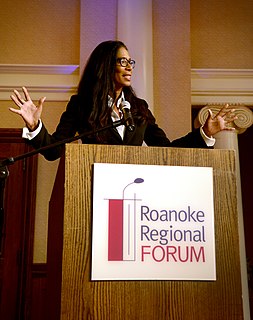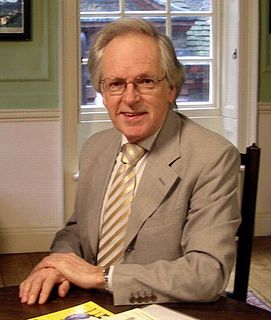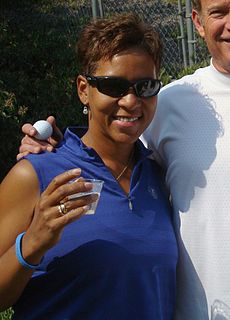A Quote by Roxane Gay
It sometimes feels like the workplace is immune from social upheaval. We go to work and do the best we can, and at the end of the day, we return to our lives. We don't abandon who we are, however, when we begin and end our workday. Who we are shapes how we are perceived in the workplace and, in turn, how we perform in the workplace.
Related Quotes
What really matters in a workplace, what helps an employer if you've got a unionised workforce is if your shop stewards know the rules of the game, if your safety reps are taught to be able to examine situations to make sure the workplace is more safety. Better informed delegates, better workplace safety saves companies money. Unions are very good at safety. We are good at teaching delegates how to resolve disputes.
Colleges are a unique space in our culture. They're a temporary constellation of humans, like a workplace. And the rules about sexual assault and harassment in a workplace are narrow rules. They're stricter than what's considered criminal on a city street. By this logic, the same rules should exist at universities too.
Even at legal brothels, sex workers have very little power and control over their workplace. They might have power with their customers on a case-by-case basis in terms of what they want to do and not do, but they don't necessarily have a lot of power in how that business operates. There's this presumption that sex workers are broken people, so how could they engage in something like workplace democracy? How could they even have demands?
When I got married and had a child and went to work, my day was all day, all night. You lose your sense of balance. That was in the late '60s, '70s, women went to work, they went crazy. They thought the workplace was much more exciting than the home. They thought the family could wait. And you know what? The family can't wait. And women have now found that out. It all has to do with women, or the homemaker leaving the home and realizing that where they've gone is not as fabulous, or as rewarding, or as self-fulfilling as the balance between the workplace and the home place.
The GDR people found love at the workplace, and the West is always telling stories about finding love when work is over and you have your free time and your leisure time. That's when you fall in love. But in the Communist state, you fall in love in the workplace, because that's mainly where you are.






































